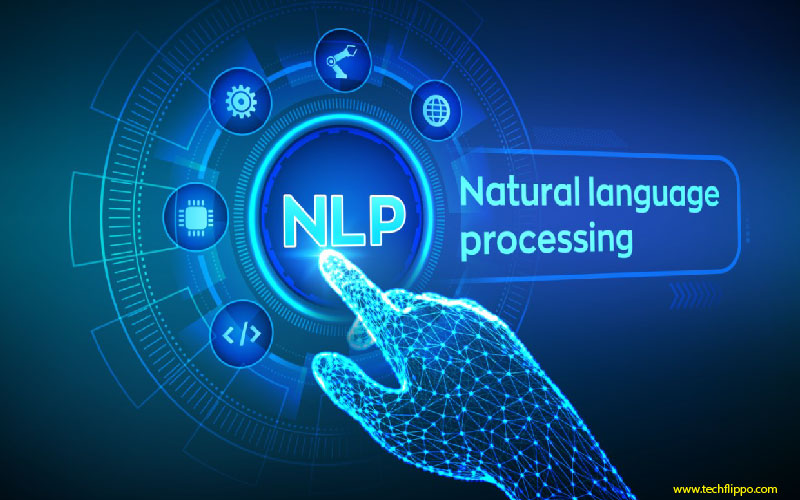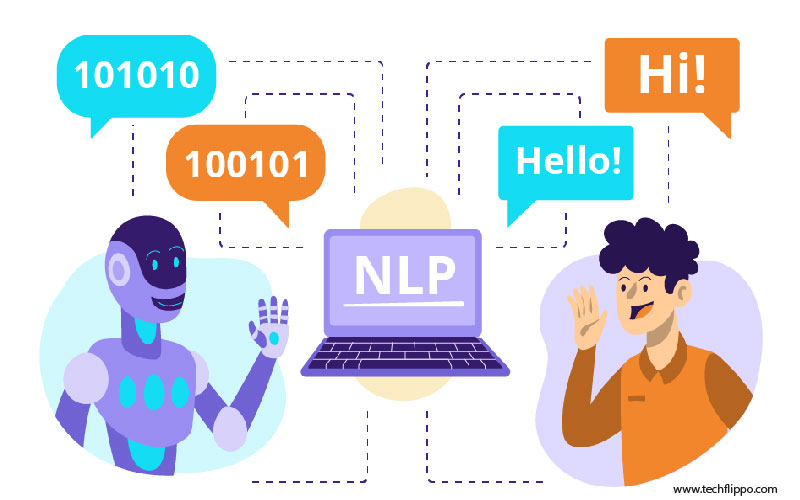Depths of Natural Language Processing
Welcome to the fascinating world of Natural Language Processing (NLP), where technology meets human language in an intricate dance of understanding and communication. From deciphering text messages to powering virtual assistants, NLP plays a crucial role in our daily interactions with technology. Join us on this journey as we dive deep into the wonders of NLP and explore its evolution, applications, challenges, and endless possibilities for the future. Let’s unlock the secrets of language together!

The Evolution of NLP and its Applications
In the realm of technology, Natural Language Processing (NLP) has undergone a remarkable evolution. From its early beginnings to its current sophisticated applications, NLP has transformed the way we interact with machines and process language.
Initially focusing on basic tasks like text analysis and information retrieval, NLP has advanced significantly over the years. With the advent of machine learning and deep learning algorithms, NLP can now understand context, sentiment, and even generate human-like responses.
Its applications span across various industries such as healthcare, customer service, finance, and more. NLP is used in chatbots for customer support services, voice assistants like Siri and Alexa for everyday tasks, sentiment analysis for social media monitoring—the possibilities are endless.
As NLP continues to evolve at a rapid pace, we can expect even more groundbreaking applications in the future. The potential for personalized experiences driven by natural language understanding is immense.
How NLP is used in Everyday Life
In today’s digital age, Natural Language Processing (NLP) plays a crucial role in enhancing our everyday experiences. Have you ever used voice assistants like Siri or Alexa to set reminders or search for information? That’s NLP in action, understanding and responding to human language.
When you type a query into a search engine and receive relevant results, it’s NLP algorithms at work deciphering your intent. Social media platforms use NLP for sentiment analysis, helping businesses understand customer opinions and feedback.
Email filters that sort spam from important emails rely on NLP to analyze the content of messages. Chatbots provide instant customer support by interpreting users’ questions and providing relevant responses.
From translation apps breaking communication barriers to personalized recommendations on streaming services, NLP is seamlessly integrated into our daily interactions with technology.

Challenges and Limitations of NLP
Navigating the intricate world of Natural Language Processing comes with its fair share of challenges and limitations. One obstacle is the ambiguity of human language – words can have multiple meanings depending on context, making it difficult for machines to interpret accurately. Additionally, cultural nuances and slang pose a challenge as they vary across regions and evolve rapidly.
Another limitation is the issue of bias in NLP algorithms; if not carefully monitored, these biases can perpetuate discrimination or misinformation. The sheer volume of data required for training models is also a hurdle, as gathering and labeling large datasets can be time-consuming and costly.
Furthermore, maintaining privacy and security while processing sensitive information through NLP systems remains a concern. As technology advances, addressing these challenges will be crucial to unlocking the full potential of Natural Language Processing in various industries.
Future Possibilities for NLP
As technology continues to advance, the future possibilities for Natural Language Processing (NLP) are truly exciting. One potential direction is enhancing virtual assistants like Siri and Alexa to be more intuitive and conversational. Imagine having a true back-and-forth dialogue with your device.
Another intriguing possibility is in healthcare where NLP could be used to analyze patient records and provide personalized treatment recommendations in real-time based on a vast amount of data. This could revolutionize the way medical professionals deliver care.
Moreover, NLP may play a crucial role in improving language translation services, making communication across different languages easier and more accurate than ever before. This has immense implications for global business interactions and cultural exchange.
The integration of NLP into educational platforms could also transform the way students learn by providing tailored feedback, generating interactive lessons, and assisting with language acquisition. The potential applications of NLP are limitless as we look towards an increasingly digital future.
The Impact of NLP on Society and Business
The impact of Natural Language Processing (NLP) on society and business is profound. In the realm of customer service, chatbots powered by NLP have revolutionized how businesses interact with their clients. These bots can provide instant responses to queries, enhancing customer satisfaction and streamlining operations.
In the healthcare industry, NLP helps analyze massive amounts of medical data quickly and accurately. This technology enables healthcare providers to make more informed decisions, leading to improved patient outcomes and reduced costs.
Additionally, in the legal field, NLP assists lawyers in sorting through mountains of documents efficiently. By automating tasks like contract analysis and research, NLP saves time and allows legal professionals to focus on higher-value work.
The applications of NLP continue to expand across various sectors, driving innovation and efficiency in both society and business realms.
Conclusion
Natural Language Processing has revolutionized the way we interact with technology and data. From powering virtual assistants to helping businesses analyze customer feedback, NLP continues to shape our everyday lives. As the field advances, we can expect even more sophisticated applications that will further enhance communication and automation. Embracing the potential of NLP can lead to exciting opportunities for innovation in both society and business. It’s clear that unlocking the power of language through NLP opens up a world of possibilities for the future.